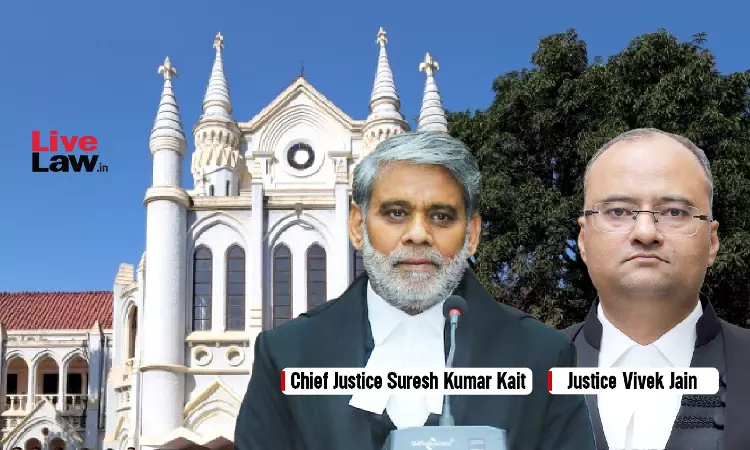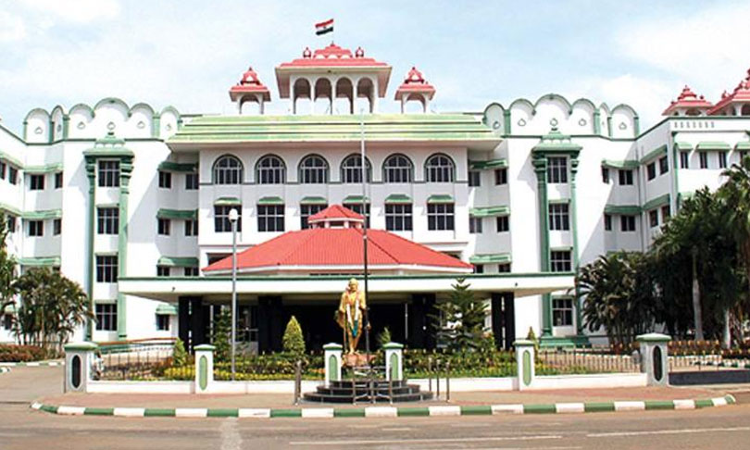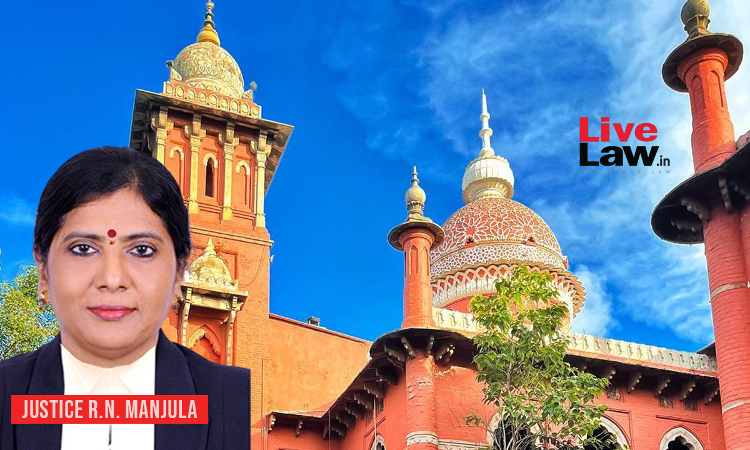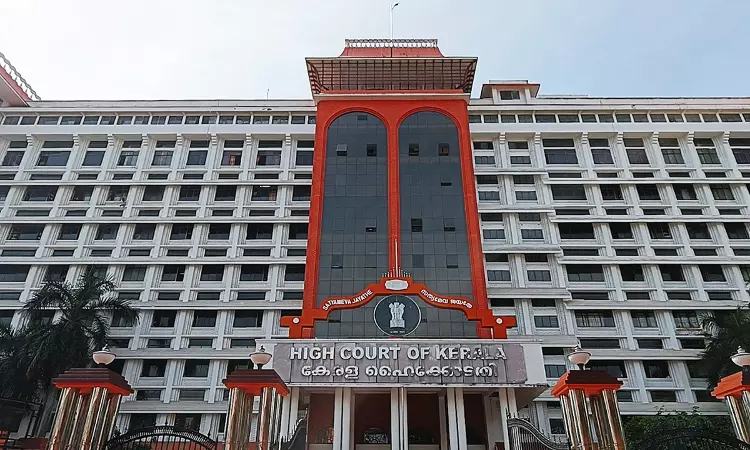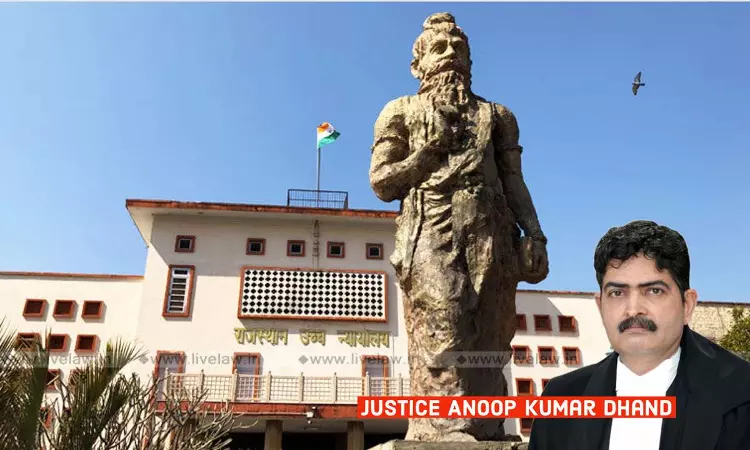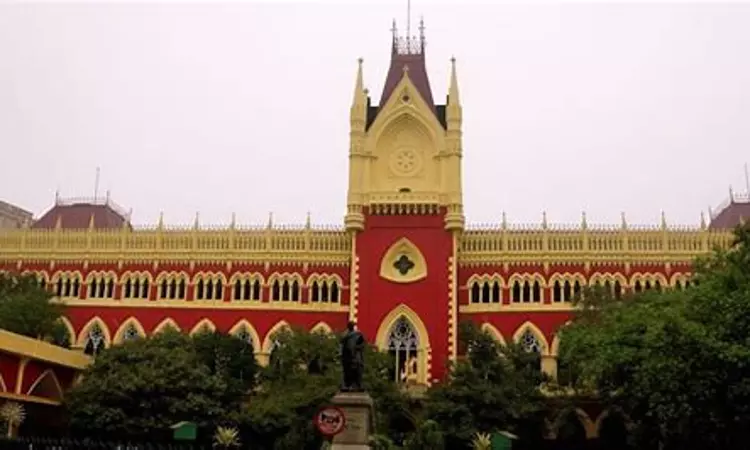Can SC/ST Community Status Of Govt Employee Be Verified After Retirement?
Madras High Court Delivers Split Verdict
Upasana Sajeev 13 Aug 2025 5:00 PM
The Madras High Court has delivered a split verdict on whether the community status of a government employee can be verified/scrutinised after their retirement.
While Justice Nisha Banu opined that reopening the verification of a community certificate would amount to re-litigation, Justice M Jothiraman opined that once a verification starts, it should continue till its conclusion.
Since contradictory views have been taken by the judges, the Registry has been directed to place the matter before the Chief Justice for further action.
Also Read - Recreational Clubs Selling Liquor Becoming 'Nuisance', Govt Allowing It Because Owners Are Influential/ Politicians: Madras High Court The court was hearing two writ petitions filed by M Gunasekaran and G Thangavel seeking to restrain the SC/ST Vigilance Cell from conducting verification of their respective caste status. In both cases, the persons were issued notices calling upon them to appear for an enquiry in connection with the verification of their community certificate, years after their retirement.
The petitioners submitted that the High Court had consistently taken a view that after the retirement of an employee, the process of verification would be academic and had restrained the committee/verifying authority from proceeding further.
Also Read - Wife Holding Immovable Properties & Substantial Income Does Not Need Interim Maintenance To Live Comfortably: Madras High Court The petitioners submitted that they had not been summoned for more than 40 years for verification and had even attained superannuation. It was thus submitted that the authorities should be refrained from conducting verification. The petitioners also filed an affidavit undertaking that they would not make any claim or concession based on their community certificate.
On the other hand, the Additional Government Pleader submitted that the summons and show cause notice have been issued to the petitioners for only appearing before the authority to submit an explanation along with proof of documents, and no adverse orders had been made. The court was also informed that the authorities were taking steps to verify the genuineness of the community certificate following an order of the Supreme Court.
Justice Nisha Banu noted that in a previous order, the court had held that the action of the authorities in initiating vigilance enquiry after superannuation was not sustainable.
In the present cases, the court noted that the authorities had taken up the verification 4 years and 7 years respectively after the retirement, which was uncalled for. The judge observed that the inordinate delay on the part of the authorities in initiating the enquiry was highly unreasonable and could not be justified under any acceptable standard of prompt administrative action.
The judge also took into account an Office Memorandum placed before the Supreme Court by the Joint Secretary, Lok Sabha Secretariat, which specified that only community certificates of employees inducted into Government Service after 1995 could be subjected to scrutiny/verification. The judge also noted that as per the Government Order issued by the Government of Tamil Nadu which specified the functions of a Vigilance Cell, the inquiry should be completed within a period not exceeding two months.
“Once a government servant has retired and completed all service verifications during his tenure, reopening of the community certificate issue amounts to re-litigation. It is pertinent to note that the employer accepted the community certificates at the time of appointment of the petitioners and did not raise any issue during the long years of service of the petitioners. A retired employee has a legitimate expectation that benefits earned during service will not be taken away arbitrarily after retirement. When a community certificate is issued and accepted for decades, and no concerns are raised, then there is a presumption that such certificates are valid and the information contained within it are accurate,” the judge observed. Thus, considering all the factors, Justice Nisha Banu opined that the authorities could not keep the matter pending for months/years together in the garb of verification of community certificates, especially when a time limit had been fixed for completing the verification. She was thus inclined to set aside the impugned proceedings initiated by the authorities.
Justice Jothiraman's observation
Justice Jothiraman took a different view and noted that once a verification is started, it shall continue till its conclusion. He added that mere undertaking affidavits filed by the petitioners were not sustainable under law, and could not be accepted to close the verification process.
“I am of the view that verification once started shall continue till its conclusion and mere acceptance of undertaking affidavits filed by the petitioners for restraining the authorities is not sustainable under law when the authorities are empowered to issue the impugned notices calling upon the petitioners for enquiry to verify the genuineness of their community certificates in order to ensure implementation of constitutional reservation benefits to the Scheduled Castes and Scheduled Tribes and therefore, the same cannot be quashed at this stage. There is no merits in these petitions and the same is liable to be dismissed,” the judge said. The judge also highlighted the order of the Supreme Court in which the court had opined that there was a huge racket in Tamil Nadu for issuing community certificate and had directed the State Level Scrutiny Committee to conduct an extensive enquiry into the same and file a report.
Considering the observations made by the Supreme Court, the judge opined that the verification of the community certificate could not be quashed at this stage. Thus, the judge found no merits in the plea and was inclined to dismiss the same.
Counsel for Petitioner: Mr. V. Vijay Shankar
Counsel for Respondents: Mr. Vadivel Deenadayalan Addl. Govt. Pleader, Mr. Babu Muthu Meeran Addl. Public Prosecutor
Case Title: M Gunasekaran v. The State Level Scrutiny Committee – II and Another
Citation: 2025 LiveLaw (Mad) 275
Case No: W.P.No.24381 of 2025
